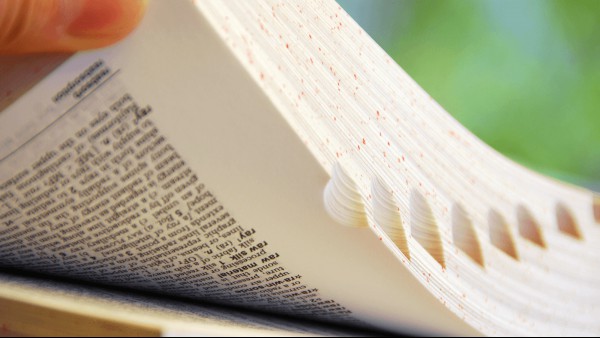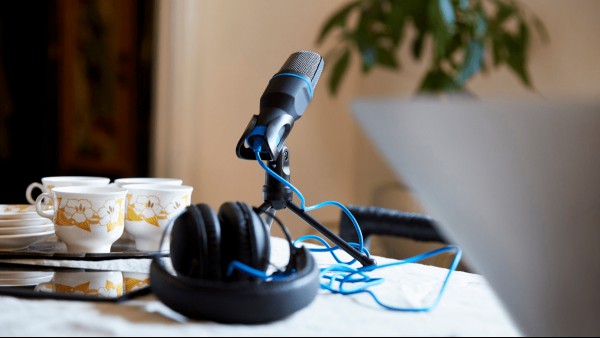Once upon a time, the United States was a vast, sprawling tapestry of hyper-localized speech, where you could “be on your beanwater” in New England, only to get caught in a demoralizing “frog strangler” in the American South.
These terms come from a list of the 50 most endangered regional words and phrases from around the country, compiled by podcasting network Acast in collaboration with the Dictionary of American Regional English. The purpose: to reverse the homogenizing impact of radio, television and the internet on American slang. Launched in 2016, the campaign encouraged podcast hosts to use and promote slang on their shows.
To be sure, the production line of American slang is certainly not losing steam. It’s just that these days, new terms tend to proliferate nationally over social media (and often after originating within queer and POC communities). Still, even today, you can get an earful of “wicked” in Massachusetts.
Here’s a short (and hardly exhaustive) list of regional slang that’s still in frequent use in the United States.
Mad
A staple of the New Jersey and New York dialect, “mad” is a stand-in for “many” or “very.”
Example: “That’s mad tight,” or: “There were mad heads [people] at the party last night.”
Jawn
If there’s only one thing you learn about Philly, it ought to be the all-purpose “jawn.” Apparently, it’s unlike any word in any other language, because you can use it as a stand-in for just about anything: objects, concepts, events, places and people. The prevailing theory is that “jawn” came from the word “joint,” but at this point, the original meaning is besides the point.
Example: “I’ll be at Will’s jawn tonight. Don’t forget to bring the jawn for my new jawn.”
Wicked
This word is so quintessentially “Boston,” it’s probably used in approximately 74 percent of Masshole impressions, and usually in conjunction with phrases like “pahk the cah.” Don’t argue. It’s science.
Example: “I pahked the cah and then got me some Dunks. It was wicked refreshing.”
Janky
A way of saying “shoddy,” “messed up” or “of poor quality” in New Hampshire and the surrounding Northeastern states.
Example: “That janky old car won’t get you anywhere.”
Hella
This is the California version of New England’s “wicked” and New York’s “mad.”
Example: “You make me nervous. Hella nervous.”
Slug
This is what you call a hitchhiker in Washington, D.C. See also: “slugging” and “slug lines.”
Example: “My car’s in the shop this week, so I guess I’m slugging for now.”
Burk
Used in Georgia and the general Southern vicinity, “burk” is a discomfitingly accurate way to describe vomit.
Example: “It was nasty, y’all. She just burked all over my sedan.”
Mom’n’em
A New Orleans term for “family.” It’s literally just a shortened version of “mom and them.”
Example: “How’s your mom’n’em?”
Yinz
English famously doesn’t have a second-person plural pronoun. In Texas, they say “y’all.” In the Pittsburgh area, they say “yinz.”
Example: “I’ll be seeing yinz at the shindig later.”
Whoopensocker
In Wisconsin, this word is basically a cuter version of “whopper.”
Example: “That’s a whoopensocker of a cheese curd.”
Cattywampus
When things are crooked, messed up, sideways or askew in Alabama, they’re “cattywampus.”
Example: “That gosh-darn dog was in here, and now the rug’s all cattywampus.”
Shoots
How Hawaiians say “yeah” or “sure.”
Example: “Shoots, brah. Let’s do it.”
Baggin’ up
You don’t “crack up” in Delaware. You “bag up.”
Example: “I couldn’t get a sentence out straight; I was baggin’ up.”











